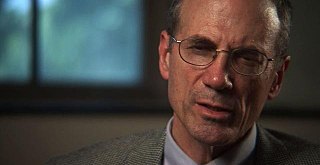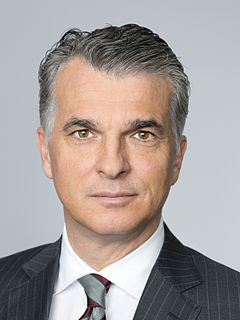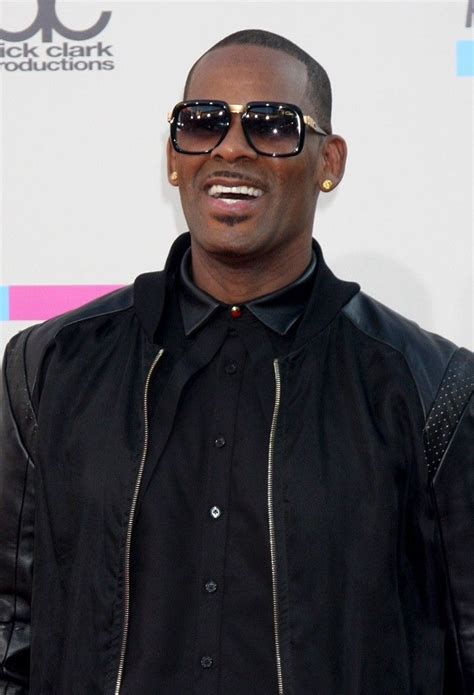A Quote by Jonah Goldberg
A rising economic tide is bad for people who live off of the poverty of others.
Related Quotes
An important contribution to a much-neglected but very important subject. No other author has set out to do what Davenport accomplishes, which is a systematic study of how key representatives of America's rising tide of religion attempted a theoretical understanding of, and practical response to, America's rising tide of commerce.
It's the rising tide of enmity in the country, Donald Trump attacking judges, Donald Trump attacking John McCain, Senator [Richard] Blumenthal, the town halls, the riots in Berkeley. You have got the incivility on the floor of the United States Senate. You have got just a rising tide, every single story.
Big Brother is not the only danger facing the country. Another is the rising tide of distrust, the corrosive spread of cynicism, the fraying of the social fabric and the rise of people who are so individualistic in their outlook that they have no real understanding of how to knit others together and look after the common good.
I was born in a very poor family. I used to sell tea in a railway coach as a child. My mother used to wash utensils and do lowly household work in the houses of others to earn a livelihood. I have seen poverty very closely. I have lived in poverty.I decided that I would not live for myself but would live for others.
Since I have escaped the harshness of the economic bounds of poverty, I have stayed very connected to it spiritually. I reside and live and go and socialize and exist among those who suffer daily from the relationship that they have to poverty, Black men and women who are incarcerated. Actually, all people who are incarcerated, not just Black.































